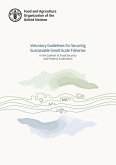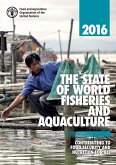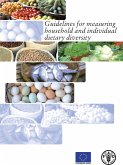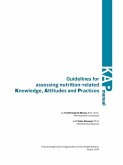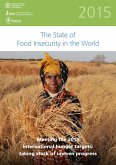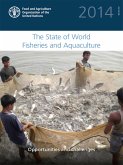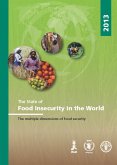Having physical and economic access to food on their own are not sufficient to ensure that people are food secure and well nourished. It is essential that people understand what constitutes a healthy diet; in particular, what nutrition-related health issues affect their communities and how to address these through food-based approaches, and know how to make the best use of their resources. They should also have positive attitudes towards nutrition, diet, foods and closely related hygiene and health issues to be able to perform optimal dietary and feeding practices that ensure their nutritional wellbeing and that of their families. The Guidelines for assessing nutrition-related knowledge, attitudes and practices is a reference guide and practical tool for conducting high-quality surveys of nutrition- and health-related knowledge, attitudes and practices (KAP ) at the community level. The manual is written for people in charge of planning, implementing and evaluating food security and nutrition projects; these include project managers, nutritionists, health workers, planning and evaluation specialists and many others.The manual includes definitions and key indicators for nutrition- and health-related knowledge, attitudes and practices. It provides useful guidance for planning and conducting a KAP survey, and for analysing and reporting the survey results. The manual also provides model questionnaires (modules). These can be used to facilitate thedesign of KAP survey questionnaires. Using them contributes to the standardization of KAPstudies and the comparability of their results. The modules comprise predefined questionsthat capture information on critical knowledge, attitudes and practices related to the 13 most common nutrition topics: Module 1: Feeding infants younger than 6 months; Module 2: Feeding young children (623 months); Module 3: Diet of school-aged children; Module 4: Nutrition during pregnancy and lactation; Module 5: Undernutrition; Module 6: Iron-deficiency anaemia; Module 7: Vitamin A deficiency'; Module 8: Iodine deficiency; Module 9: Food safety; Module 10: Personal hygiene; Module 11: Water and sanitation; Module 12: Food-based dietary guidelines; Module 13: Overweight and obesity.
Dieser Download kann aus rechtlichen Gründen nur mit Rechnungsadresse in A, B, CY, CZ, D, DK, EW, E, FIN, F, GR, H, IRL, I, LT, L, LR, M, NL, PL, P, R, S, SLO, SK ausgeliefert werden.



